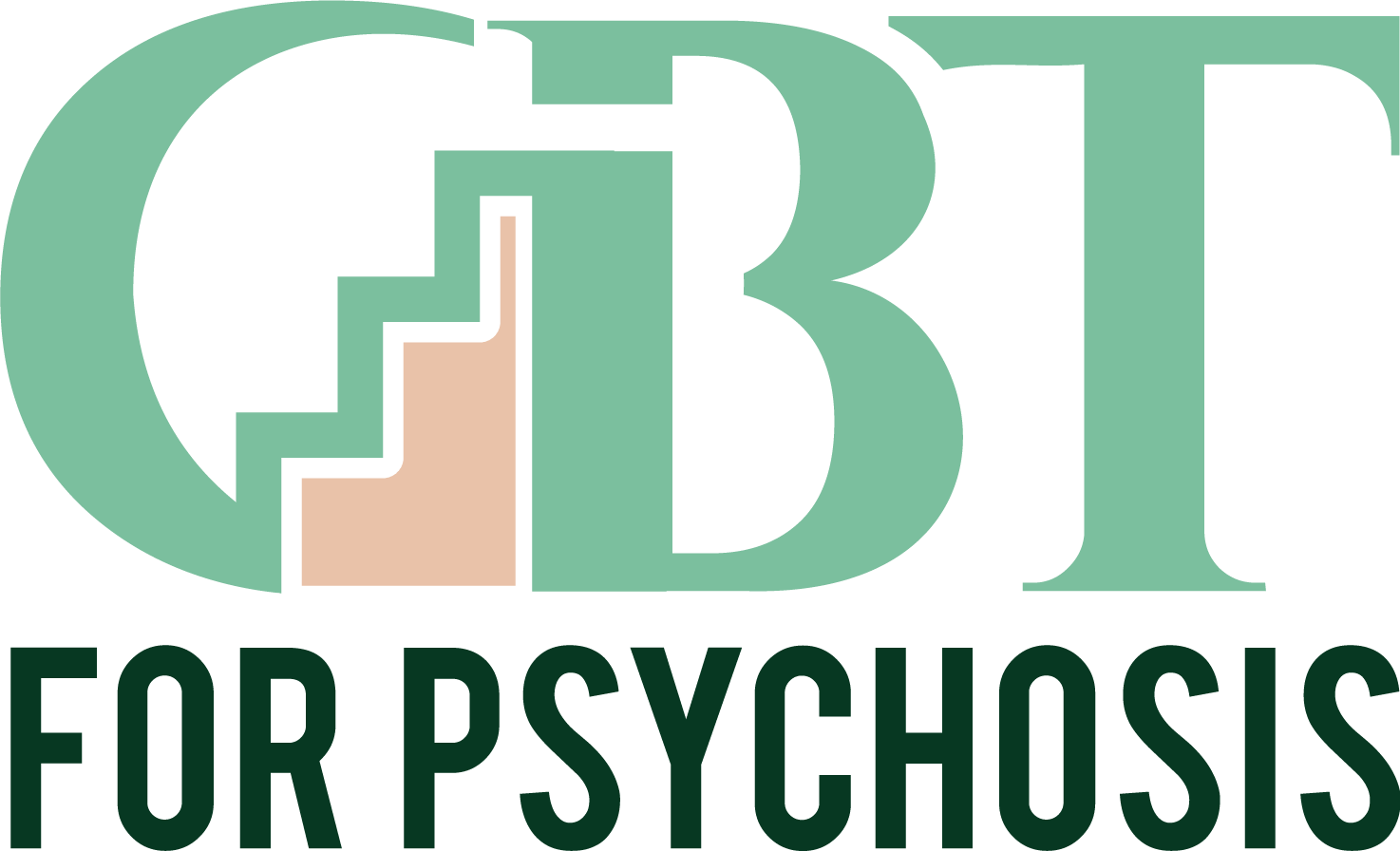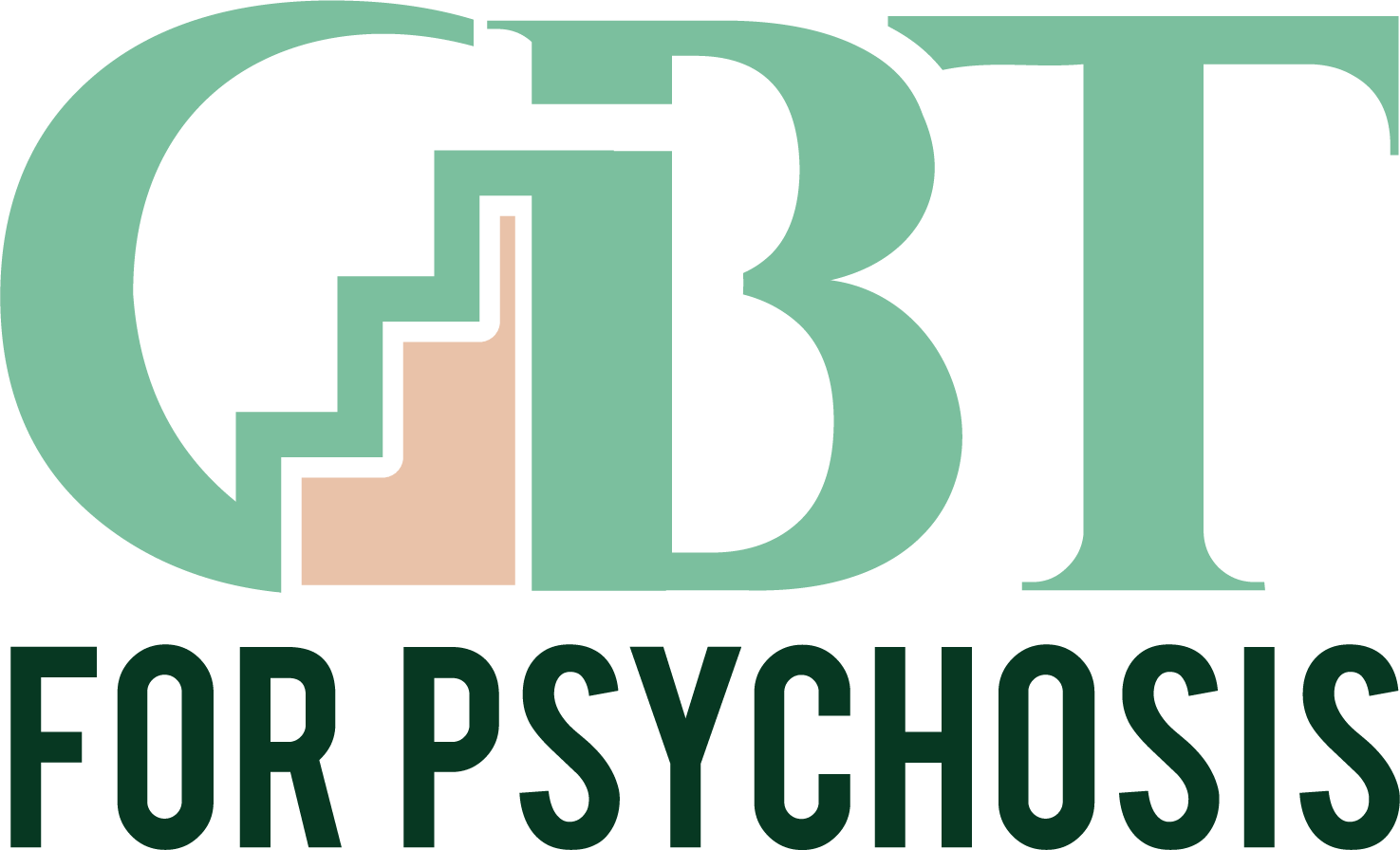Dr. Sally E. Riggs, DClinPsy
Hi, I’m Sally! I’m a licensed psychologist specializing in working with people with psychosis. But you might also call me a Psychosis Clinician Whisperer.
I help mental health professionals who aspire to better support their clients with psychosis, but fear they don’t know how to. I train and provide clinical coaching in CBTp so that therapists can feel more competent and confident in helping their clients with psychosis—which leads to improved quality of life for clients with psychosis who truly need and deserve it.
Are you a mental health professional who feels lost when working with psychosis?
Do you wish you could confidently and effectively provide therapy to individuals with psychosis?
I help clinicians like you by working one-on-one with you to develop your clinical skills and confidence to work effectively and successfully with your clients who are experiencing psychosis.
In addition to supporting you in beefing up your therapeutic skill set, I also provide private practice coaching so you can safely support your clients with psychosis in the comfort of your private practice office.
I know from my own experience working with folks with psychosis that it isn’t easy. And if you’re working solo, building a private practice as I did these last 6 years—it can feel very overwhelming. But at the end of the day, when I have helped someone with psychosis achieve their goals, it is totally worth it!
You can make a huge difference in your clients’ lives. It’s my mission to help you develop the skills to do it.
I support mental health professionals and organizations by:

I believe that courageous clinicians can change the world. That’s why I hope you’ll sign up for our mailing list today. Let’s help people with psychosis get the support they deserve.
A little bit more about me: I was raised in the UK and completed both my undergraduate (University of Oxford, 1999) and graduate degree (Royal Holloway, University of London, 2005) there, where most psychologists are fortunate enough to be taught CBTp in graduate school.
I had the privilege of learning from Daniel Freeman, PhD; Tom Sensky, MD; Hamish MacLeod, PhD, Emmanuelle Peters, PhD, MSc, Kathy Greenwood, PhD, DClinPsy and many others. I started training other clinicians in CBTp in the UK in 2007. In 2008 I moved to Philadelphia, PA, to work with Aaron T. Beck on a pilot study for CBT for negative symptoms, and to pioneer training in CBTp in community mental health agencies in Philadelphia. I realized a couple of weeks after arriving that most folks don’t get the chance to learn CBTp in graduate school in the US and that if I wanted to, I would have a job for life here training people.
But my true home is NYC. And I was able to move up here in 2011, taking a position at NYC Health + Hospitals/Kings County in Brooklyn. I began with inpatient therapy, then moved to outpatient to develop their CBTp outpatient program, and then became psychology lead for the outpatient department.
Throughout that time, I was training other staff at the hospital in CBTp, particularly in their First Episode Inpatient unit which was newly opened in 2014. In 2015, I gained my green card and founded NYC CBTp—the first-ever private practice dedicated to providing evidence-based cognitive behavioral therapy for people with psychosis.
I also spent time with colleagues in the US and Canada advocating for the advancement of CBTp and am a Founding Member of and current President of the North American CBT for Psychosis Network. We are currently working hard to move forward with accreditation for CBTp in North America and hope to bring this to you soon!
So why did I become interested in working with psychosis?
I believe that together we can change the lives of people with psychosis, and the field as a whole.
Join the hundreds of clinicians dedicated to improving outcomes for individuals with psychosis. To learn more about our trainings, sign up for our mailing list today.
If you are looking for my website on Long Covid Coaching and Speaking click here.


